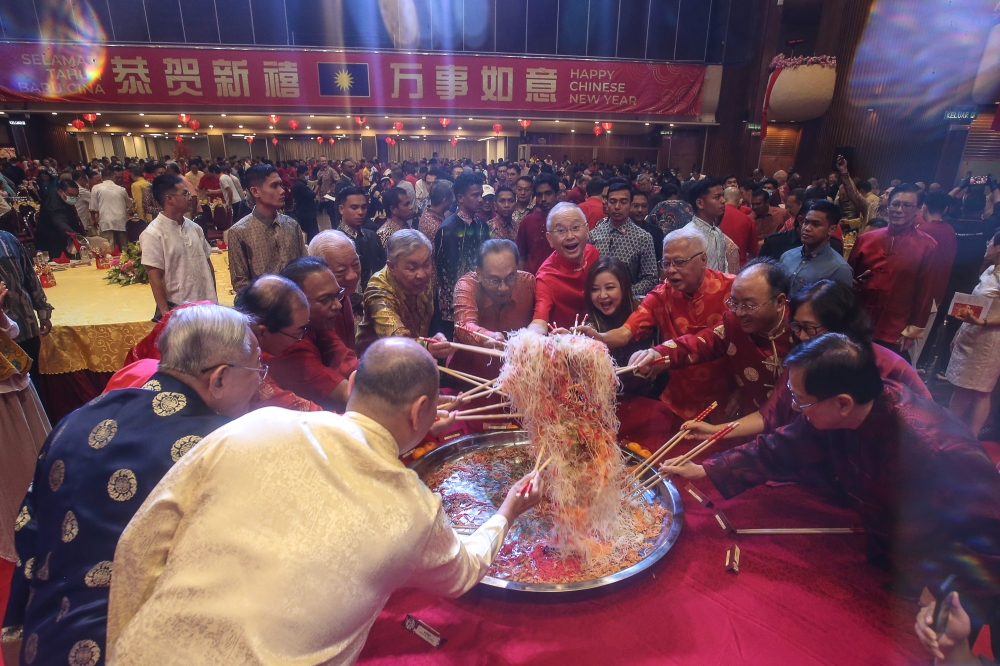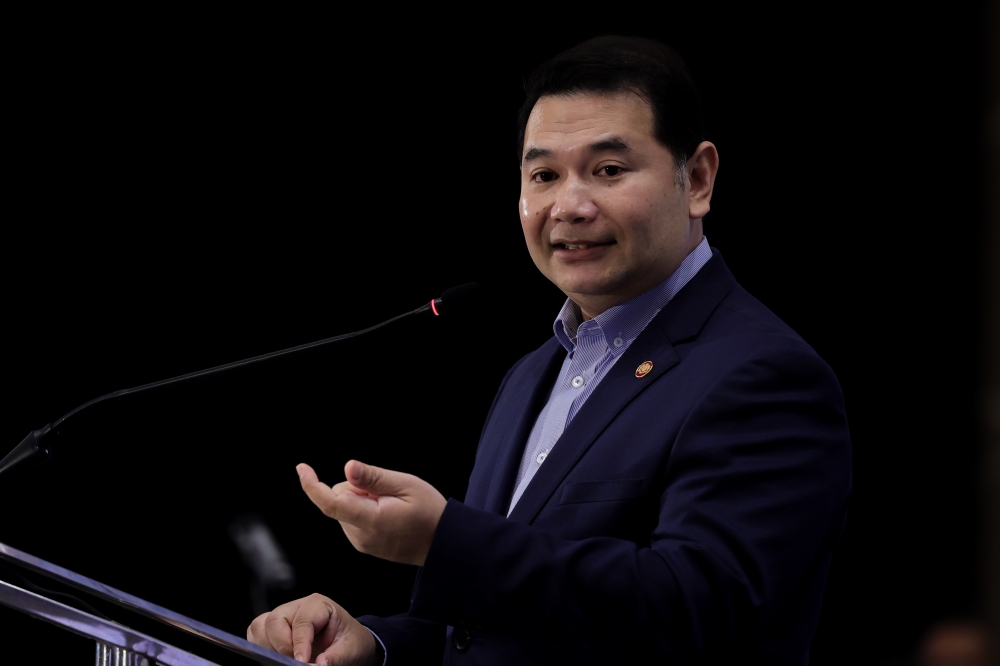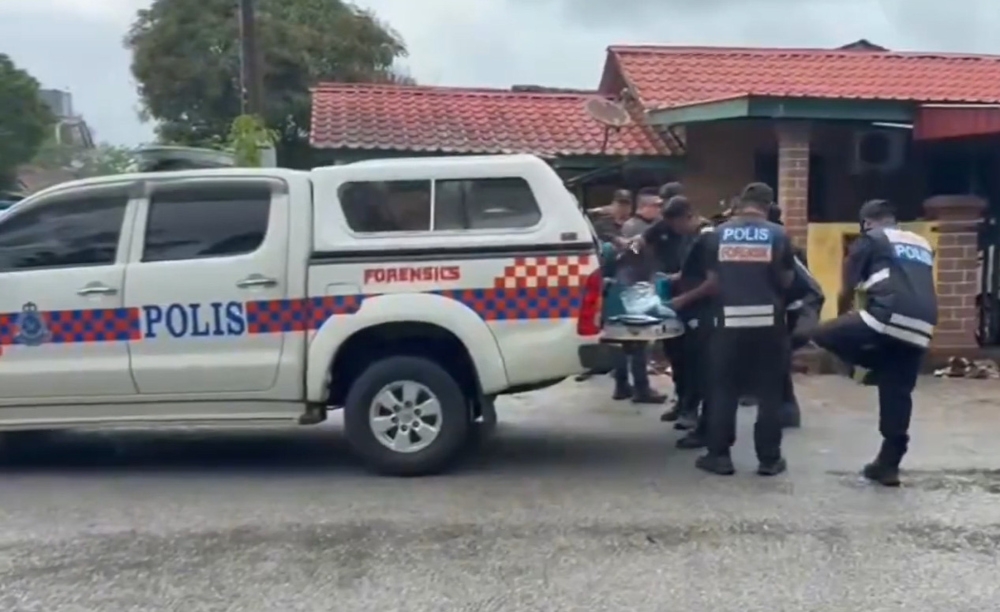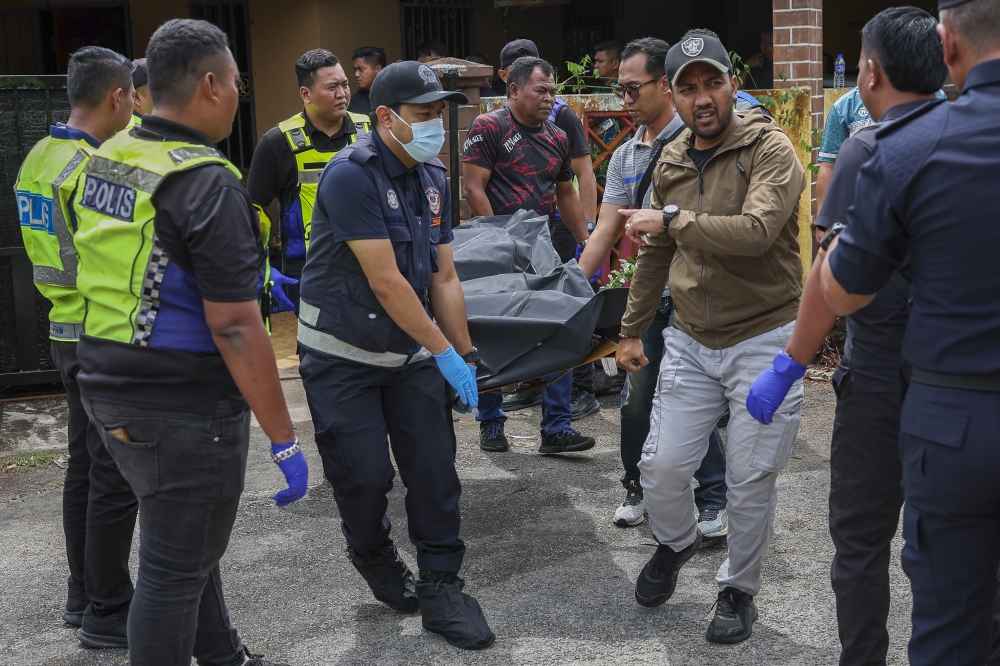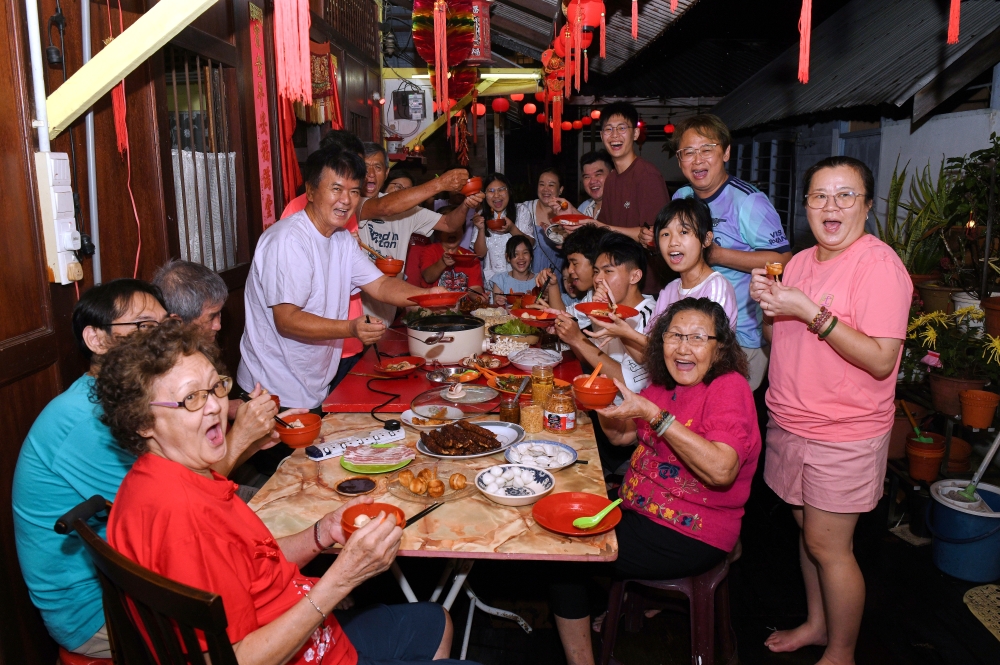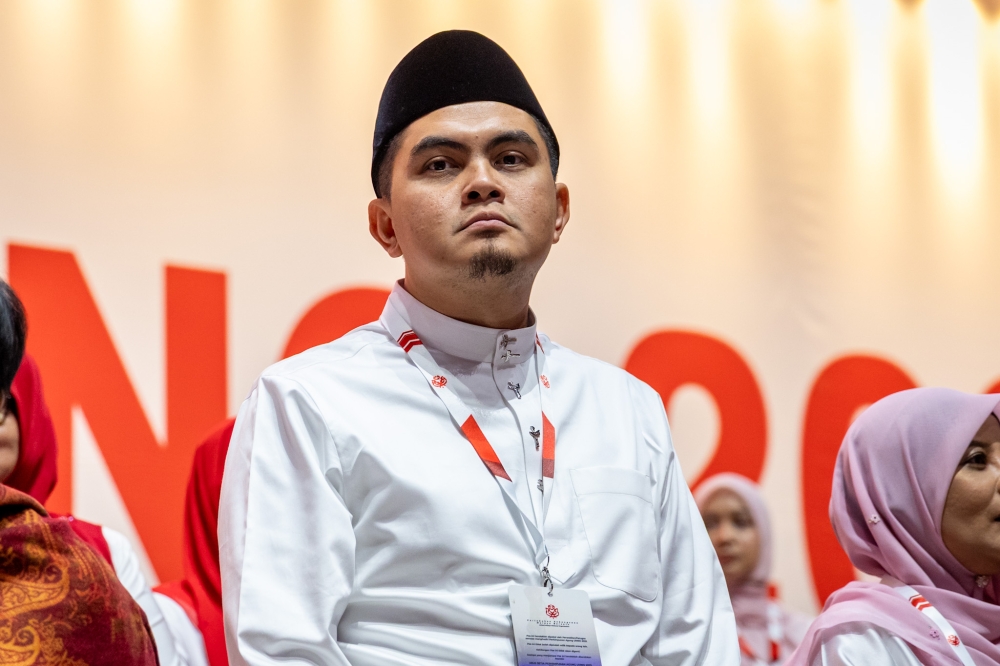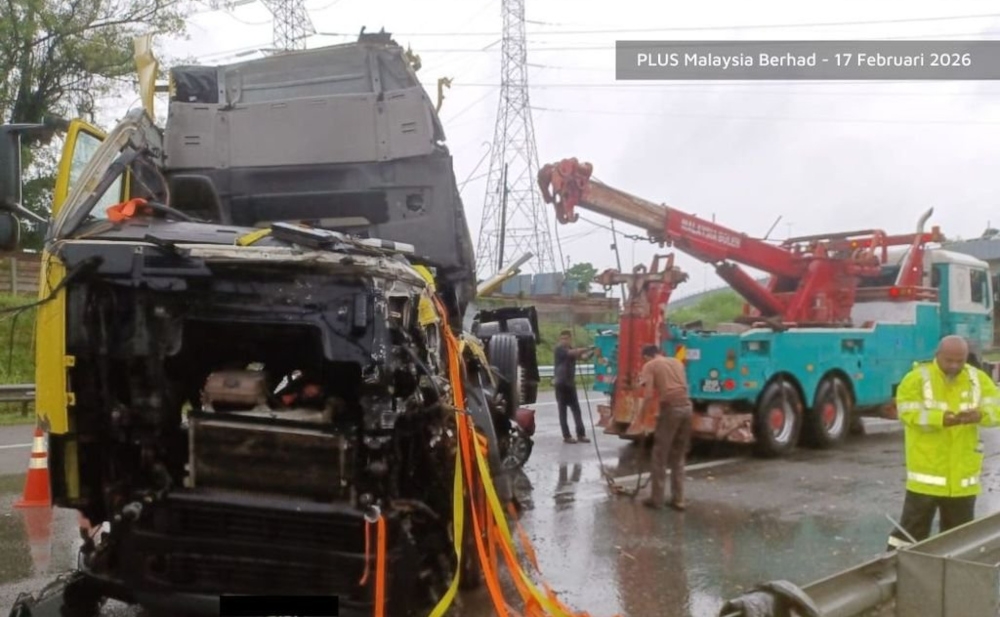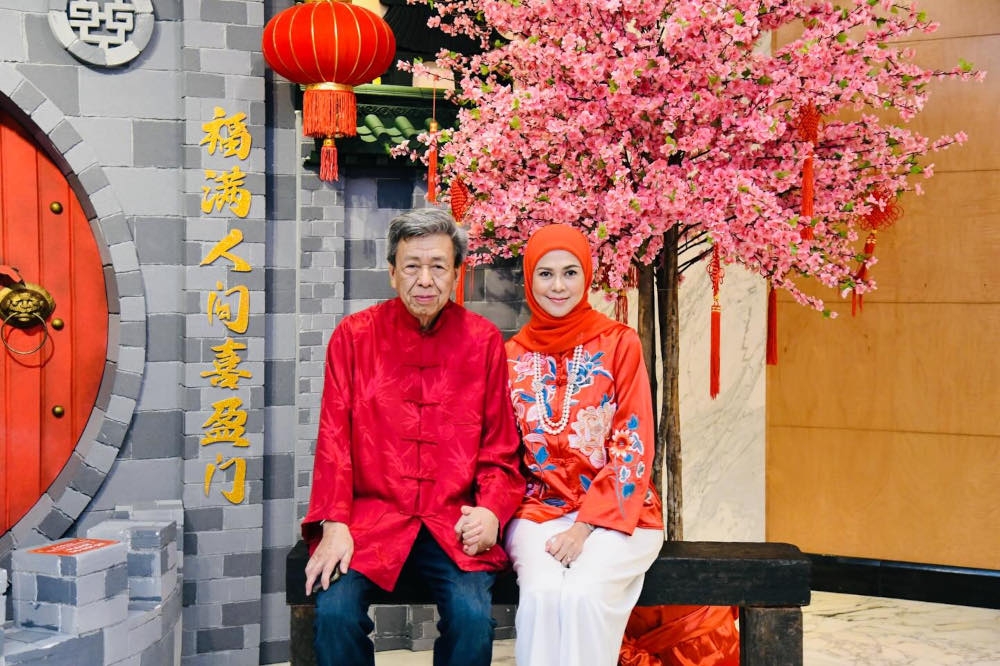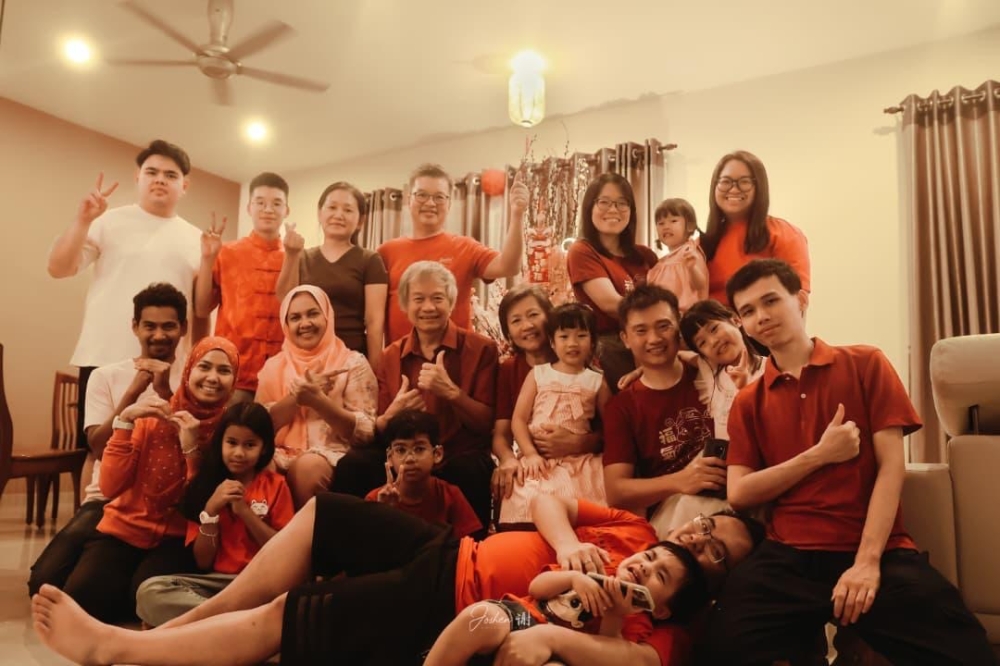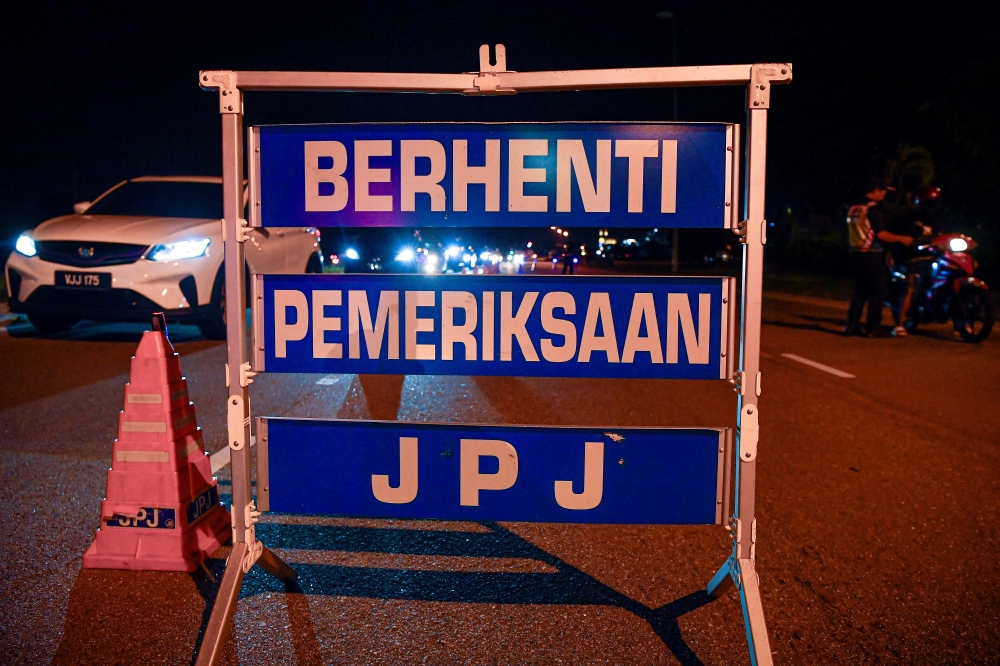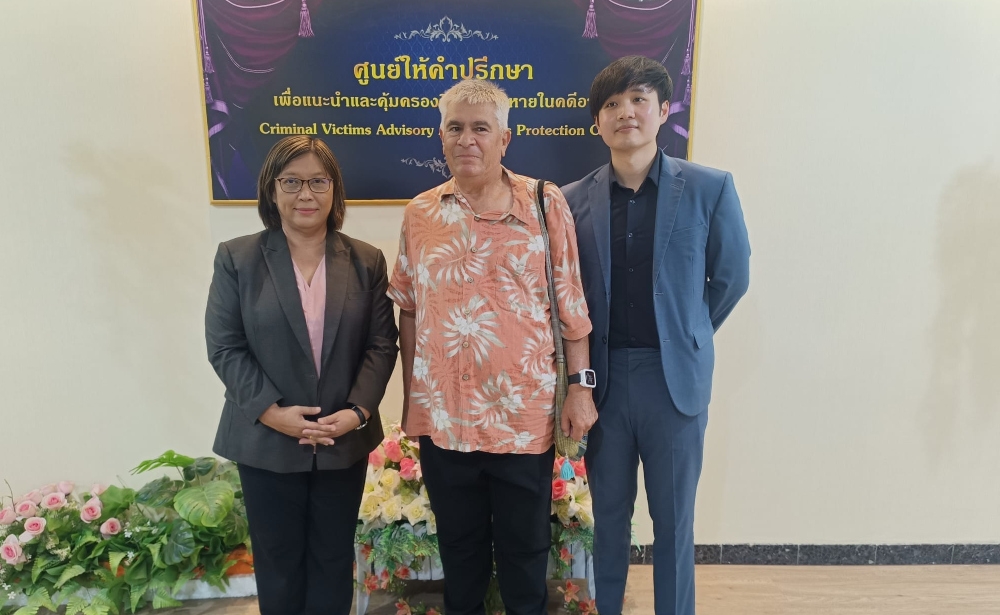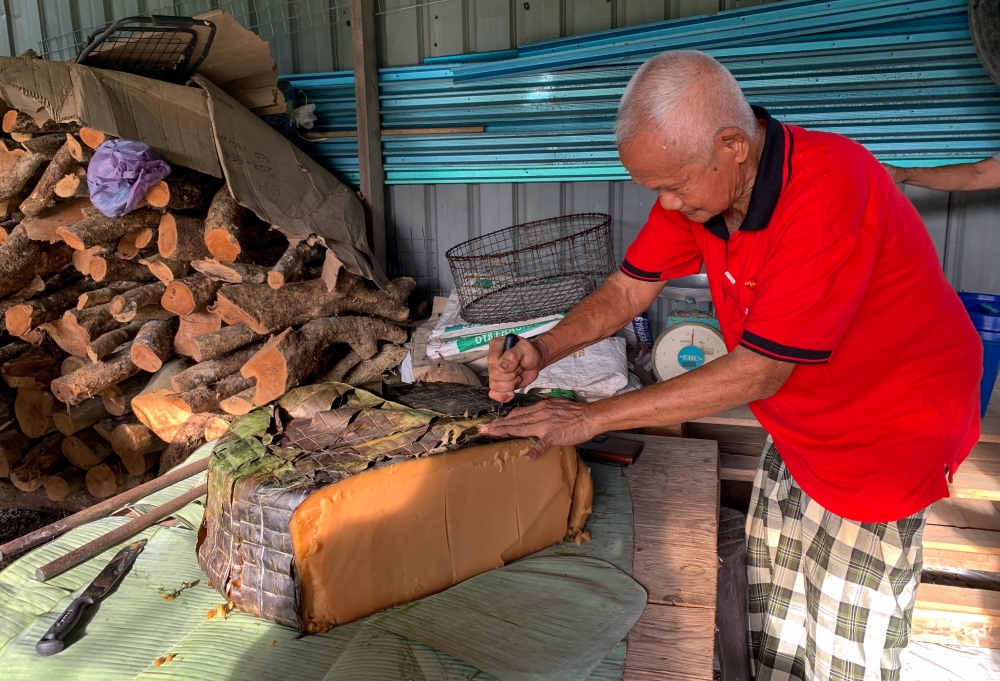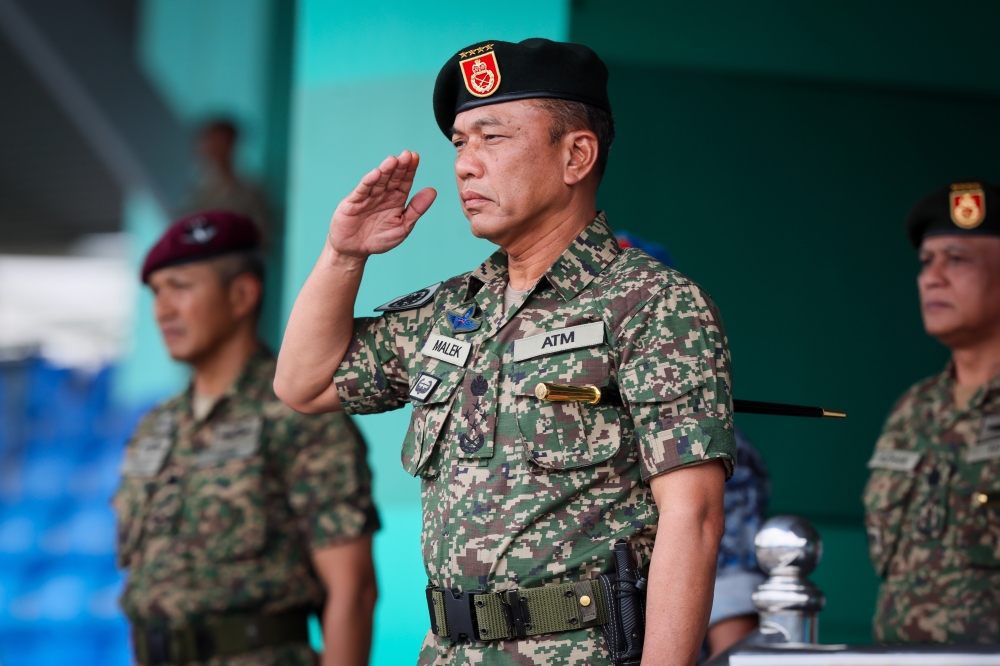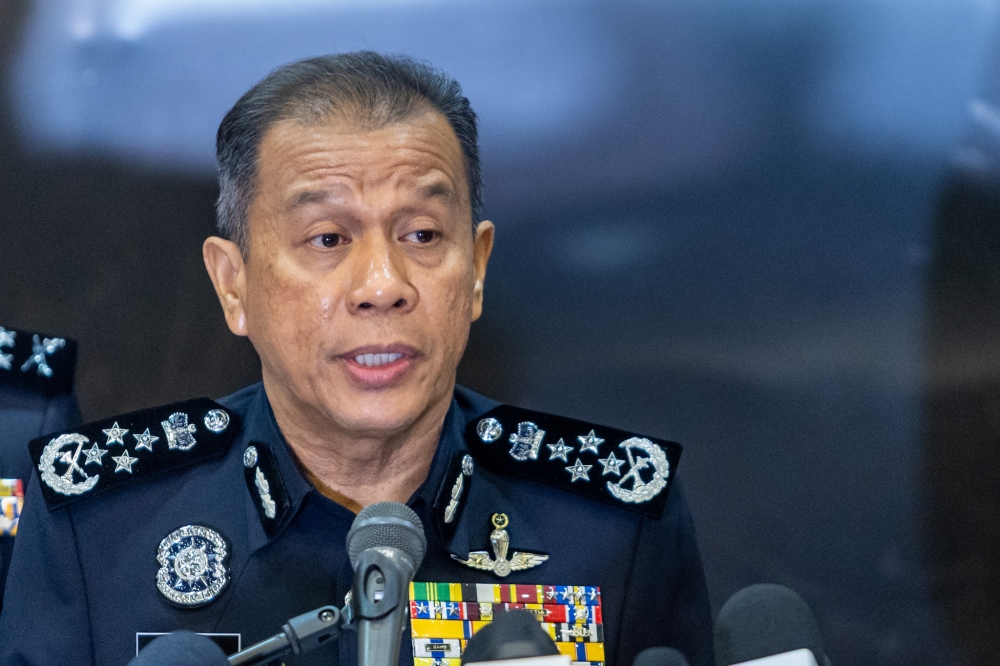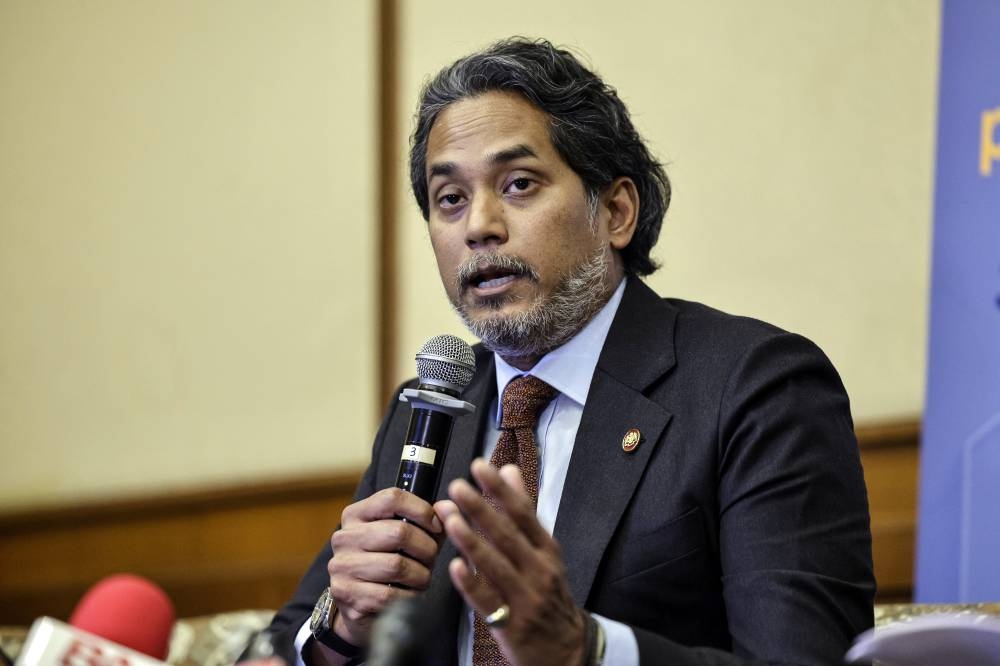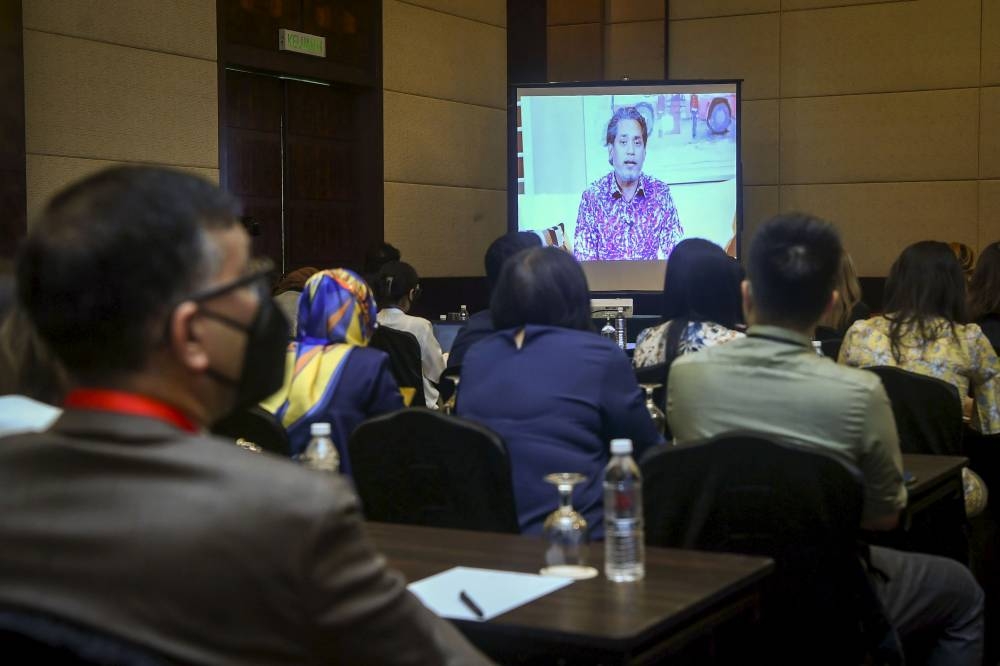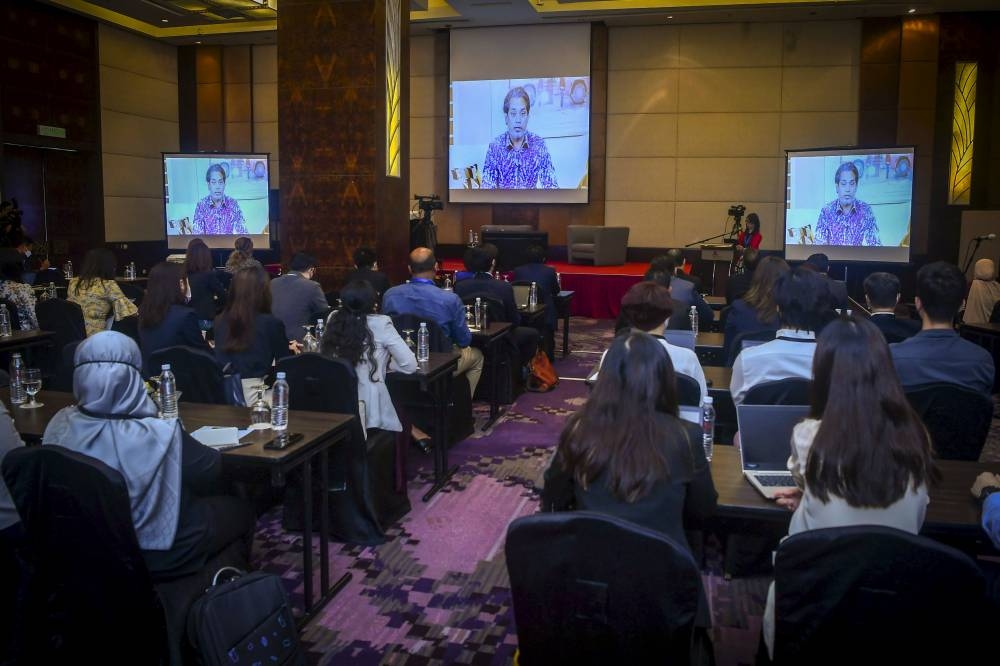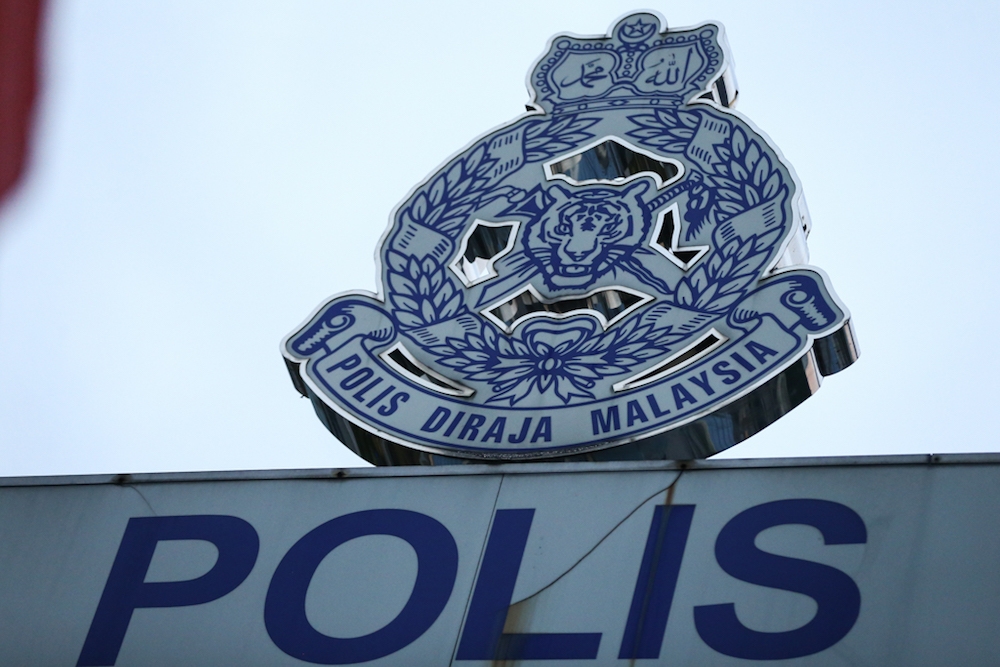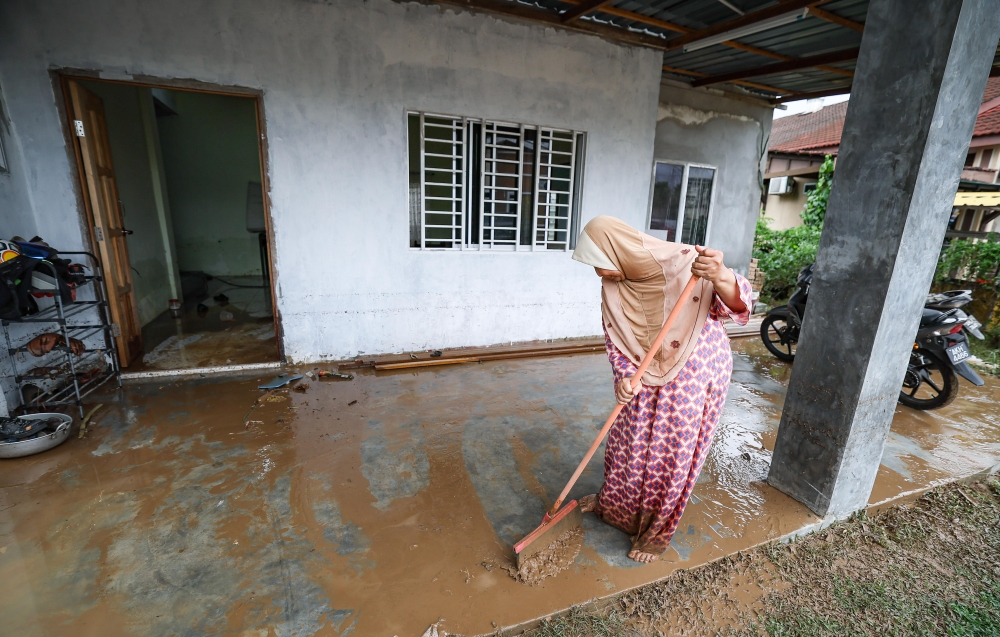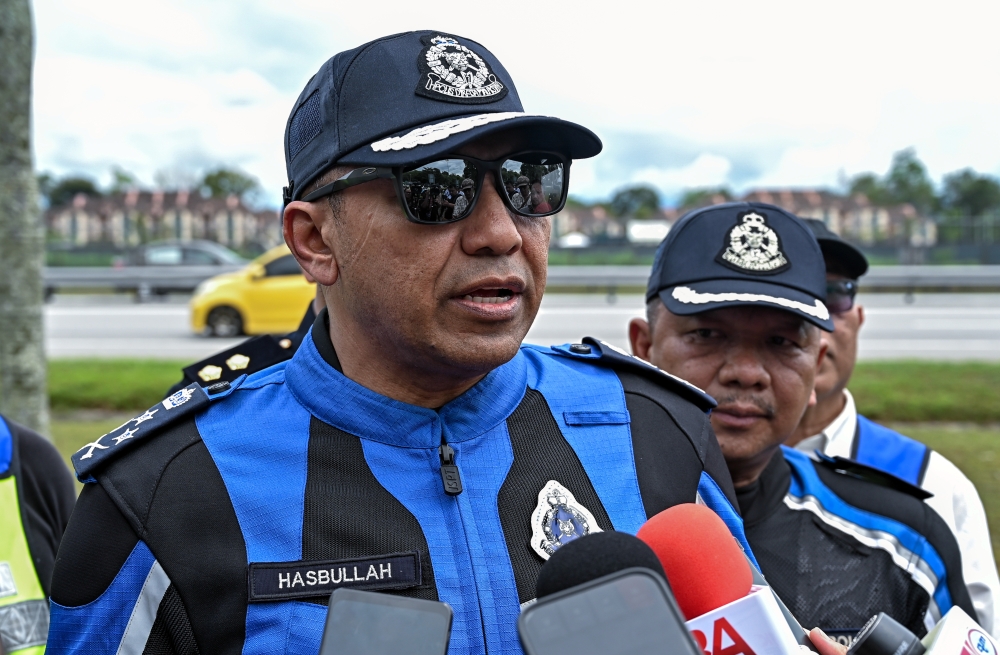KOTA KINABALU, Sept 9 — In its White Paper to reform the nation’s healthcare, Khairy Jamaluddin said the Health Ministry planned to bolster Sabah’s hospitals by sending 514 medical personnel to the east Malaysian state by year end.
These will include 175 medical officers 110 specialists in various medical fields, 12 dentists, 28 dental specialists, 21 pharmaceutical officers and 168 nurses.
The health minister said that this was among the reforms intended to improve the public health service sector in Sabah.
According to the paper presented by Khairy at the town hall session in Kota Kinabalu today, there were still 2,483 vacancies in the state, out of the total 28,257 positions available.
Khairy, whose plane to the state capital was diverted to Labuan due to bad weather, was making his keynote address virtually from Labuan instead of in person as planned.
He told the crowd that the plan also included upgrading hospitals to include more specialist services.
For instance, Queen Elizabeth Hospital II which currently has 13 speciality departments, should have at least 20. The same goes for Bintulu hospital, which currently has 11.
“We are going to upgrade five minor specialist hospitals into major specialist hospitals in Sabah and Sarawak and they are the Keningau, Lahad Datu, Limbang, Sarikei and Sri Aman Hospitals where each is expected to have 20 specialist services.
“We hope to see the Queen Elizabeth Hospital, Duchess of Kent Hospital Sandakan, and Tawau Hospital have a total of 49 specialists soon,” Khairy said.
Six hospitals — three in Sabah and three in Sarawak — have also been identified to be upgraded to minor specialist hospitals.
They are the Kota Marudu, Beaufort and Tuaran Hospitals in Sabah and Serian, Mukah and Lawas Hospitals in Sarawak where 10 specialist services were mooted.
The Rembau MP said that it would cost the government an additional RM1.5 billion to provide at least one comprehensive health clinic for 30 districts in Sabah and Sarawak that do not have these facilities.
Earlier, Chief Minister Datuk Seri Hajiji Noor said that Sabah’s large areas posed a challenge for the government to provide quality healthcare to all.
“A lack of funding, resources and manpower, outdated equipment were some of the challenges faced to provide comprehensive healthcare,” he said.
The doctor to population ration is 1:872 in Sabah, compared to 1:441 nationally. Dental care was more lacking, with one dentist to 7,000 people in Sabah, compared to one dentist to 2,816 people nationally.
“Sabah also has among the highest maternal mortality and under-nourished children in the country,” he said.

